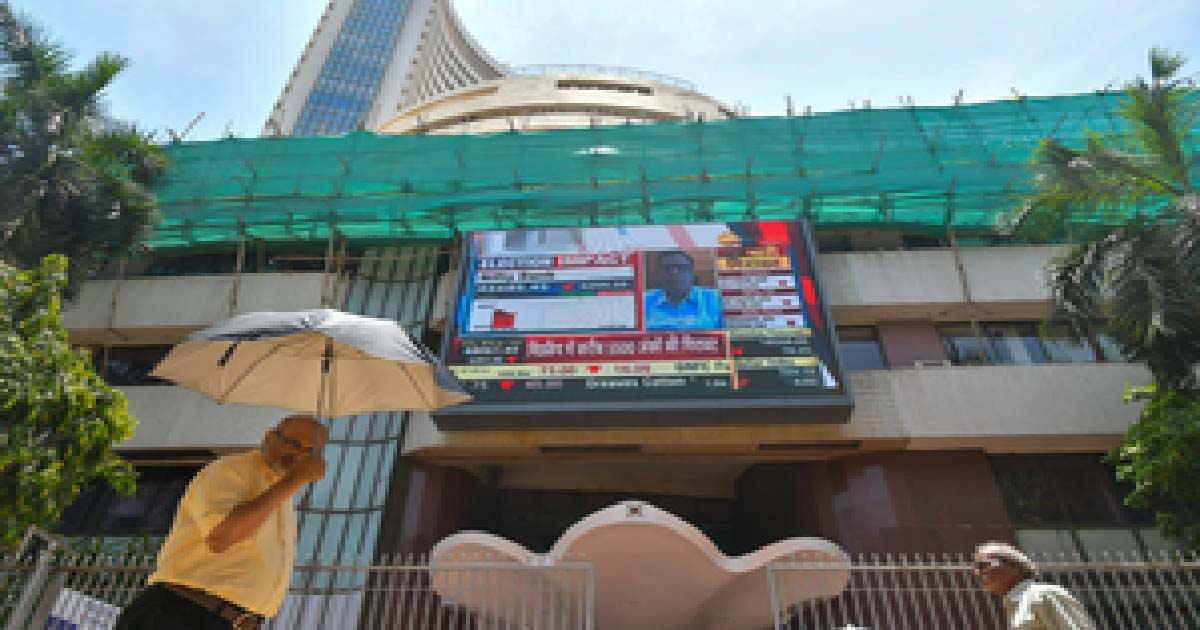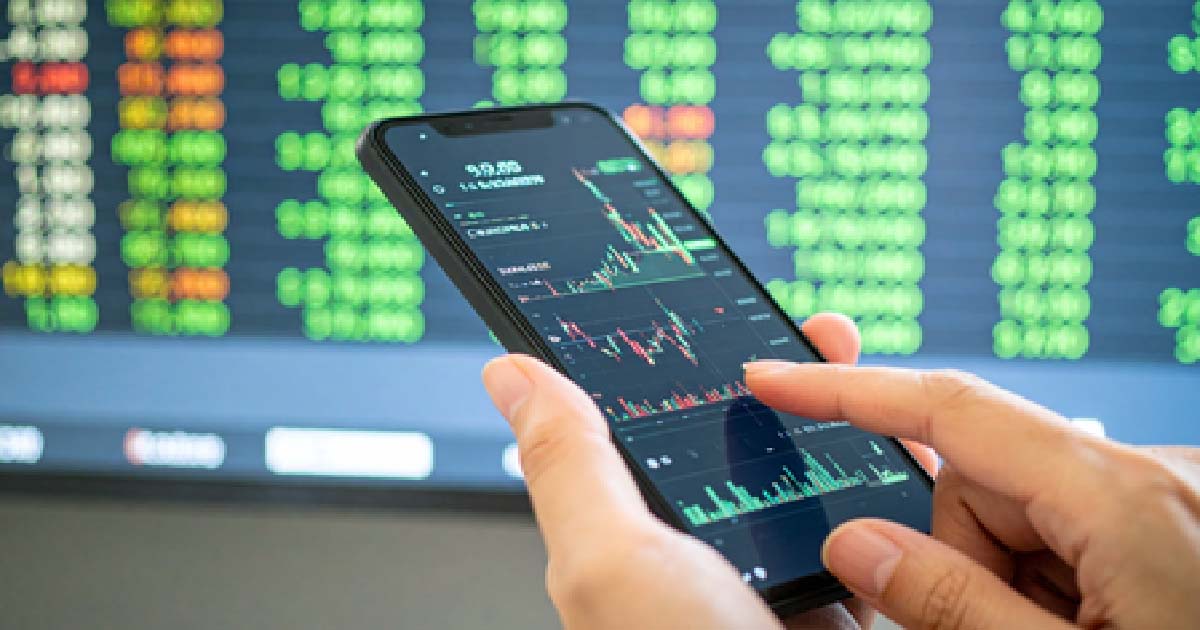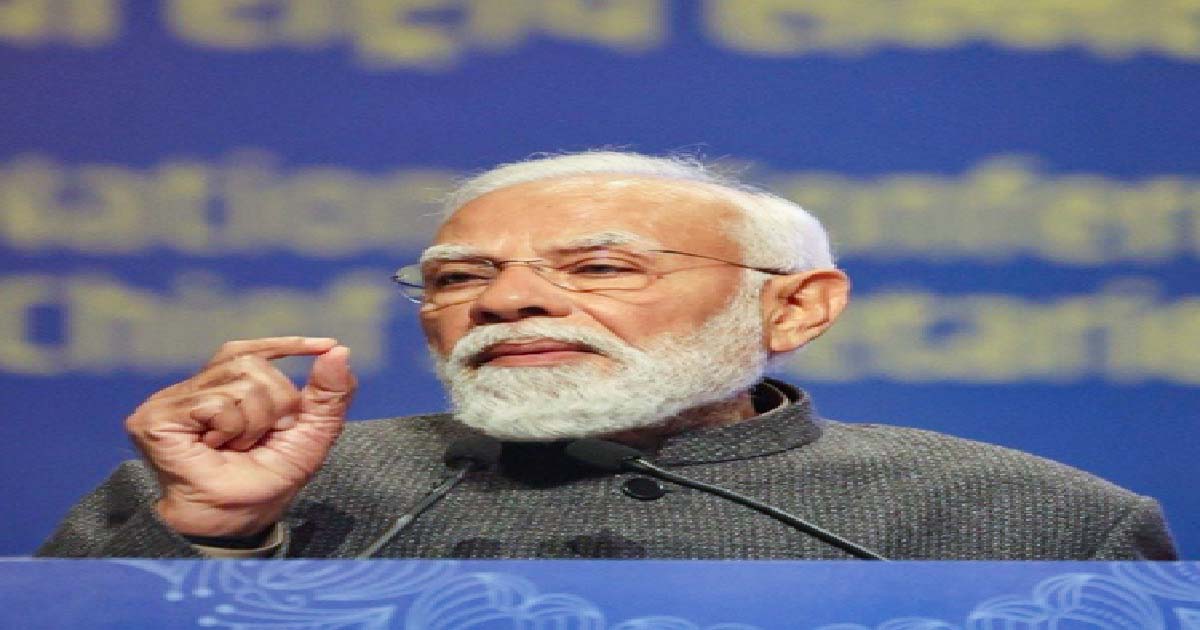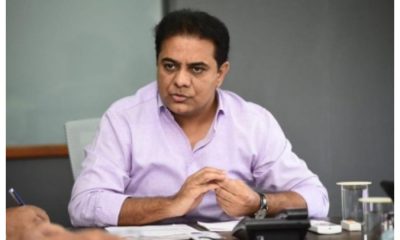Business
Petrol, diesel prices remain static as global oil prices softens
Fuel prices have remained unchanged in the country post revision of duties by the state governments and the centre providing further relief to consumers from the consistent increase in rates earlier.
Accordingly, petrol and diesel prices remained unchanged for the 10th consecutive day on Sunday under the daily price revision mechanism followed by the oil marketing companies.
The pump price of petrol in Delhi, which fell to Rs 103.97 a litre at 6 a.m. last on the Diwali day on November 4 from the previous days level of Rs 110.04 a litre, remains at the same level on Sunday. The diesel prices also remain ed unchanged in the capital at Rs 86.67 a litre.
In the financial capital Mumbai, petrol continues to be priced at Rs 109.98 a litre and diesel Rs 94.14 a litre.
Prices also remained static on Sunday in Kolkata where the price of petrol reduced by Rs 5.82 to Rs 104.67 per litre and that of diesel by Rs 11.77 to Rs 89.79 per litre in the first week of November.
Petrol price in Chennai also remained at Rs 101.40 per litre and diesel Rs 91.43 per litre.
Across the country as well, price of the fuel largely remained unchanged on Sunday but the retail rates varied depending on the level of local taxes.
The global crude prices which has touched three year high level of over $85 a barrel on several occasions in past one month has softened a bit now to a round $82 a barrel. Rise in US inventory has pushed down crude prices but OPEC+ decision on only gradual increase in production in December could raise crude prices further. This could put pressure on oil companies to revise fuel prices upwards again.
Before the price cuts and pause, diesel prices had increased on 30 out of the last 51 days taking up its retail price by Rs 9.90 per litre in Delhi.
Petrol prices have also risen on 28 of the previous 47 days taking up its pump price by Rs 8.85 per litre.
Since January 1, petrol and diesel prices have risen by more than Rs 26 a litre before the duty cuts.
The excise duty cut by the Centre on November 3 was first such exercise since the onset of Covid pandemic. In fact, government had revised excise duty on petrol and diesel sharply in March and again in May last year to mobilise a dditional resources for Covid relief measures.
The excise duty was raised by Rs 13 and Rs 16 per litre on petrol and diesel between March 2020 and May 2020 and was standing high at Rs 31.8 on diesel and Rs 32.9 per litre on petrol before finally the Centre decided on duty cut.
Business
ITC falls to 52-week low, Godfrey Phillips plunges on higher excise duty from Feb

Mumbai, Jan 1: Shares of major cigarette makers fell sharply on Thursday after the government announced to slap a fresh excise duty on cigarettes next month, a move that is expected to push up prices and impact sales.
Stocks of ITC and Godfrey Phillips dropped by as much as 19 per cent during the intra-day’s trade on Thursday.
According to a government order, the new excise duty will come into effect from February 1.
The duty has been fixed in the range of Rs 2,050 to Rs 8,500 per thousand cigarette sticks, depending on the length of the cigarettes.
This additional tax is likely to make cigarettes more expensive, which could hurt demand and weigh on the earnings of cigarette companies.
Following the announcement, ITC shares fell up to 10 per cent on the BSE and hit a 52-week low of Rs 362.70.
The stock also came under pressure due to a large block deal reported during the session, which added to the selling momentum.
Over the past one year, ITC shares have declined 17 per cent and are down 9 per cent in the last six months.
The company remains one of the heavyweight stocks in the benchmark indices, with a market capitalisation of over Rs 4.75 lakh crore.
Godfrey Phillips shares saw an even steeper fall. The stock tumbled nearly 19 per cent to touch the day’s low of Rs 2,230.15 on the BSE.
Despite the sharp fall on Thursday, the stock is still up nearly 49 per cent over the past one year.
The new excise duty on cigarettes will be levied over and above the goods and services tax. As per the new structure, cigarettes, tobacco and similar products will attract a GST rate of 40 per cent from next month.
The excise duty will replace the compensation cess that was earlier imposed on these products.
The change follows Parliament’s approval of an amendment law in December that replaces the temporary levy on cigarettes and tobacco products.
Business
Sensex, Nifty end flat amid mixed sectoral cues

Mumbai, Dec 30: Indian benchmark indices ended Tuesday’s session almost flat, but with a slight negative tone, as gains in PSU banks, metal and auto stocks were offset by selling pressure in IT, FMCG, realty and pharma shares.
The Sensex closed at 84,675.08, slipping 20.46 points or 0.02 per cent, while the Nifty settled marginally lower at 25,938.85, down 3.25 points or 0.01 per cent.
“The Nifty has also slipped below the 21 EMA, reinforcing the short-term downtrend. Immediate support is placed in the 25,850–25,870 zone,” market watchers stated.
“A decisive break below this level could intensify bearish sentiment, while resistance is placed at 26,000,” analysts mentioned.
Markets witnessed a cautious mood as investors balanced sector-specific buying against profit booking in select heavyweights.
On the Sensex, stocks such as Eternal, Infosys, Asian Paints, UltraTech Cement and Bajaj Finance ended among the top losers, weighing on the index.
On the other hand, M&M, Tata Steel, Bajaj Finserv and Axis Bank provided support and closed higher.
The broader market also saw mild weakness. The Nifty Midcap 100 index ended lower by 0.15 per cent, while the Nifty Smallcap 100 declined 0.28 per cent.
Sector-wise, real estate, IT and pharma stocks remained under pressure. The Nifty Realty index fell 0.84 per cent, while the Nifty IT and Pharma indices declined 0.74 per cent and 0.17 per cent, respectively.
In contrast, strong buying was seen in PSU bank, metal and auto stocks. The Nifty PSU Bank index jumped 1.69 per cent, the Nifty Metal index rose 2.03 per cent, and the Nifty Auto index gained 1.08 per cent.
Analysts said that the market ended the day on a flat note as investors preferred selective buying, with sectoral trends driving movement rather than broad-based participation.
“Fresh buying at lower levels, along with short covering in banking, auto, and metal stocks following the expiry of monthly derivative contracts, helped the Nifty recoup most of its intraday losses and close the session largely flat,” market watchers mentioned.
Business
From labour laws to market reforms, India’s growth story built on credibility and stability: PM Modi

New Delhi, Dec 30: Prime Minister Narendra Modi on Tuesday said that India’s growth story is being shaped by credibility, stability, and long-term confidence, driven by a series of sustained reforms across sectors ranging from labour laws and trade agreements to logistics, energy, and market reforms.
In a post on X, the Prime Minister referred to Union Minister Hardeep Singh Puri’s write-up on “Reform Express 2025”, which reflects the “quiet but consistent work of governance that has helped clear long-pending bottlenecks week after week”.
PM Modi said these steady reforms are laying a strong foundation for India’s future growth.
“Union Minister Hardeep Singh Puri writes on Reform Express 2025. He reflects on the quiet, cumulative work of governance that cleared bottlenecks week after week,” he said.
“From labour laws and trade agreements to logistics, energy and market reforms, India’s growth story is being built on credibility, stability and long-term confidence,” he added.
In his article, Union Petroleum and Natural Gas Minister Puri highlighted how the PM Modi government’s reform push is improving ease of doing business and strengthening investor confidence.
Puri had described “Reform Express 2025” as the cumulative impact of consistent governance, where obstacles are addressed regularly rather than through sudden, disruptive changes.
He had said that in an uncertain global environment marked by political instability, the steady leadership of Narendra Modi stands out.
Puri had pointed out that key steps such as modern labour codes, major trade agreements, the Securities Market Code Bill and the Indian Ports Act 2025 are creating a solid base for long-term economic expansion.
He also said that the SHANTI Bill is a major step towards modernising India’s civil nuclear framework.
According to the minister, these reforms follow a clear pattern of cleaning up outdated laws, decriminalising minor offences, modernising labour compliance, strengthening market oversight, digitising trade processes, improving logistics, and reducing risks in long-term energy investments.
-

 Crime3 years ago
Crime3 years agoClass 10 student jumps to death in Jaipur
-

 Maharashtra1 year ago
Maharashtra1 year agoMumbai Local Train Update: Central Railway’s New Timetable Comes Into Effect; Check Full List Of Revised Timings & Stations
-

 Maharashtra1 year ago
Maharashtra1 year agoMumbai To Go Toll-Free Tonight! Maharashtra Govt Announces Complete Toll Waiver For Light Motor Vehicles At All 5 Entry Points Of City
-

 Maharashtra1 year ago
Maharashtra1 year agoFalse photo of Imtiaz Jaleel’s rally, exposing the fooling conspiracy
-

 National News1 year ago
National News1 year agoMinistry of Railways rolls out Special Drive 4.0 with focus on digitisation, cleanliness, inclusiveness and grievance redressal
-

 Maharashtra1 year ago
Maharashtra1 year agoMaharashtra Elections 2024: Mumbai Metro & BEST Services Extended Till Midnight On Voting Day
-

 National News1 year ago
National News1 year agoJ&K: 4 Jawans Killed, 28 Injured After Bus Carrying BSF Personnel For Poll Duty Falls Into Gorge In Budgam; Terrifying Visuals Surface
-

 Crime1 year ago
Crime1 year agoBaba Siddique Murder: Mumbai Police Unable To Get Lawrence Bishnoi Custody Due To Home Ministry Order, Says Report


















